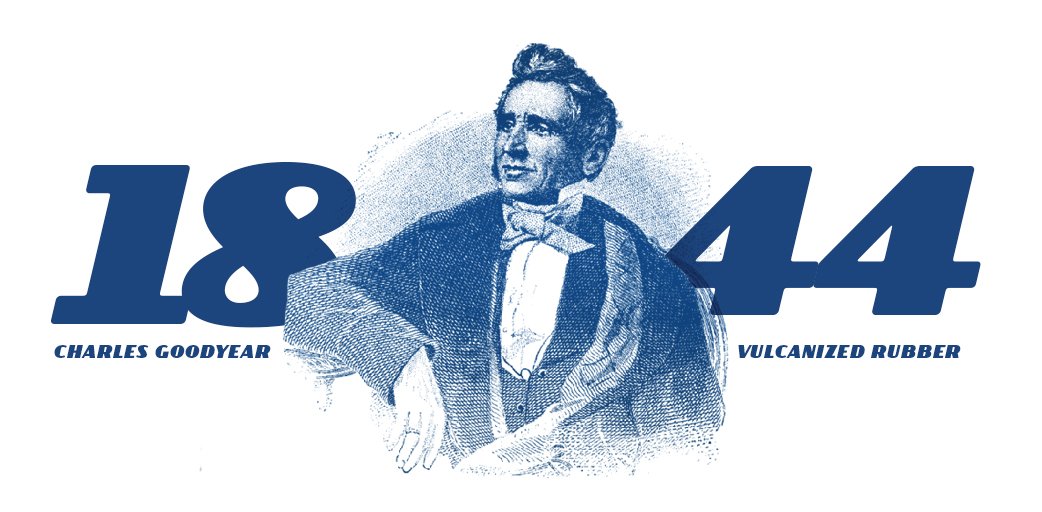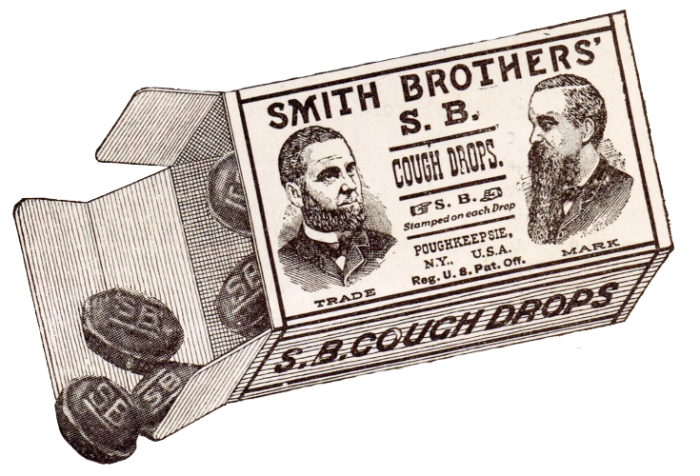Resources
Firm Insights
Beers, Brands, and Brawls—When a Name is More than Just a Name
“What’s in a name?” Juliet asks in Act II of Shakespeare’s Romeo and Juliet. “A rose by any other name would smell as sweet.”
Perhaps. But when it comes to beer, a Schlafly by any other name might smell as sweet but not sell as well. And that, in a nutshell (or, perhaps, in a stein), is at the heart of a St. Louis trademark battle that has been brewing for more than six years and may soon be tapped at the United States Supreme Court. This skirmish over the rights to the “Schlafly” name contains important lessons for anyone thinking of using their surname as the name of their business.
Trademark Tale: Schlafly v. Saint Louis Brewery LLC
By way of background, this family battle pits the estate of Phyllis Schlafly, the famous social conservative who died in 2016, against the Saint Louis Brewery LLC, a Missouri brewer founded in 1989 by her nephew Thomas Schlafly that now sells Schlafly-brand beers, ales and stouts in more than a dozen states.
Ms. Schlafly and her son Bruce (a medical doctor) opposed registration of the term Schlafly for beer, contending that the public associates the term Schlafly with Ms. Schlafly and “the traditional values that she represented.” They argued that the Brewery’s registration of Schlafly would impermissibly link her name with the sale and consumption of alcohol and result in the tarnishing of that name through negative association with “[d]runk driving [and] intoxication leading to injuries” —connotations that any physician would also want to avoid.
 The issue before the Trademark Trial & Appeal Board (TTAB), and then on appeal before the Federal Circuit Court of Appeals, was whether the term Schlafly had acquired what is known in the trademark world as “secondary meaning,” namely, had it become a distinctive brand uniquely associated in the beer industry with the Saint Louis Brewery and its products?
The issue before the Trademark Trial & Appeal Board (TTAB), and then on appeal before the Federal Circuit Court of Appeals, was whether the term Schlafly had acquired what is known in the trademark world as “secondary meaning,” namely, had it become a distinctive brand uniquely associated in the beer industry with the Saint Louis Brewery and its products?
And just how do you prove that your name has acquired “secondary meaning”? The federal regulations provide three categories of evidence that can be used: prior registrations, 5 years of substantially continuous and exclusive use, and “other evidence.”
The Brewery easily satisfied the first two categories. As for “other evidence,” the Brewery presented, and the TTAB accepted, fifteen different forms of evidence, including the commercial success of Schlafly-branded beer through sales at restaurants and large retailers, evidence of sales of over 75 million servings of that beer between 2009 and 2014, and media coverage in local and national media outlets, including USA Today, The Washington Post, and The Wall Street Journal.
The Court of Appeals reviewed that evidence and concluded “that the mark ‘Schlafly’ for beer meets the requirements for registration,” and thus affirmed the TTAB’s decision granting the brewery the registration for beer. Following the ruling, yet another Schlafly family member, the lawyer Andrew, announced that he would appeal to the Supreme Court.
But for now—and probably for the future—Schlafly joins that panoply of famous surname trademarks that include Kellogg’s (for Will and his brother John), McDonald’s (for Richard and his brother Maurice), Ford (for Henry), Goodyear (for Charles), and a keg of breweries ranging from Coors (for Adolph) to Miller (for Frederick) to, of course, that other St. Louis brewery, Anheuser-Busch (for Eberhard and his son-in-law Adolphus).
Trademark Tale: Lessons to Learn
So what are the lessons for other businesses? The Trademark Office can refuse a trademark that is “primarily merely a surname.” That means that, as a general rule, a person cannot trademark her last name and thereby obtain a monopoly over that name for a particular product. The principal exception—as applied in the Schlafly case—is if that surname has acquired secondary meaning.

The takeaway here is that transforming a family name into a protectible trademark will likely take at least five years of business efforts plus evidence of diligent branding efforts, including advertising expenditures, sales success, and unsolicited media coverage or consumer studies.
But it can be done, even for the most common of surnames. Just ask the heirs of William and Andrew Smith, the brothers who founded, yes, Smith Bros. Cough Drops®.
The choice of a lawyer is an important decision and should not be based solely upon advertisements.
Let's Work Together
If you have questions, we’re ready to help you find the answers.
Newsletter Sign-up
Join our mailing list and stay up to date with Capes Sokol!
By clicking the “Subscribe” button you
agree with our Terms and Conditions.
